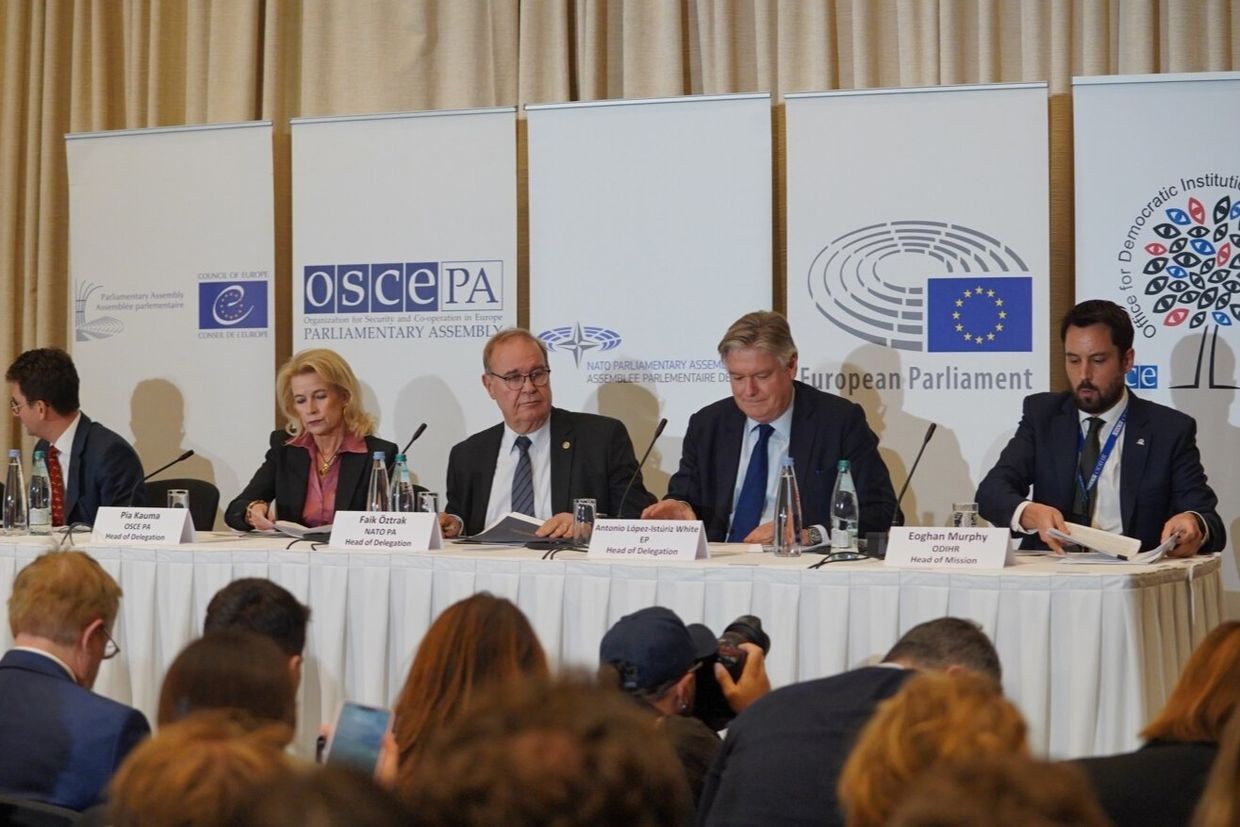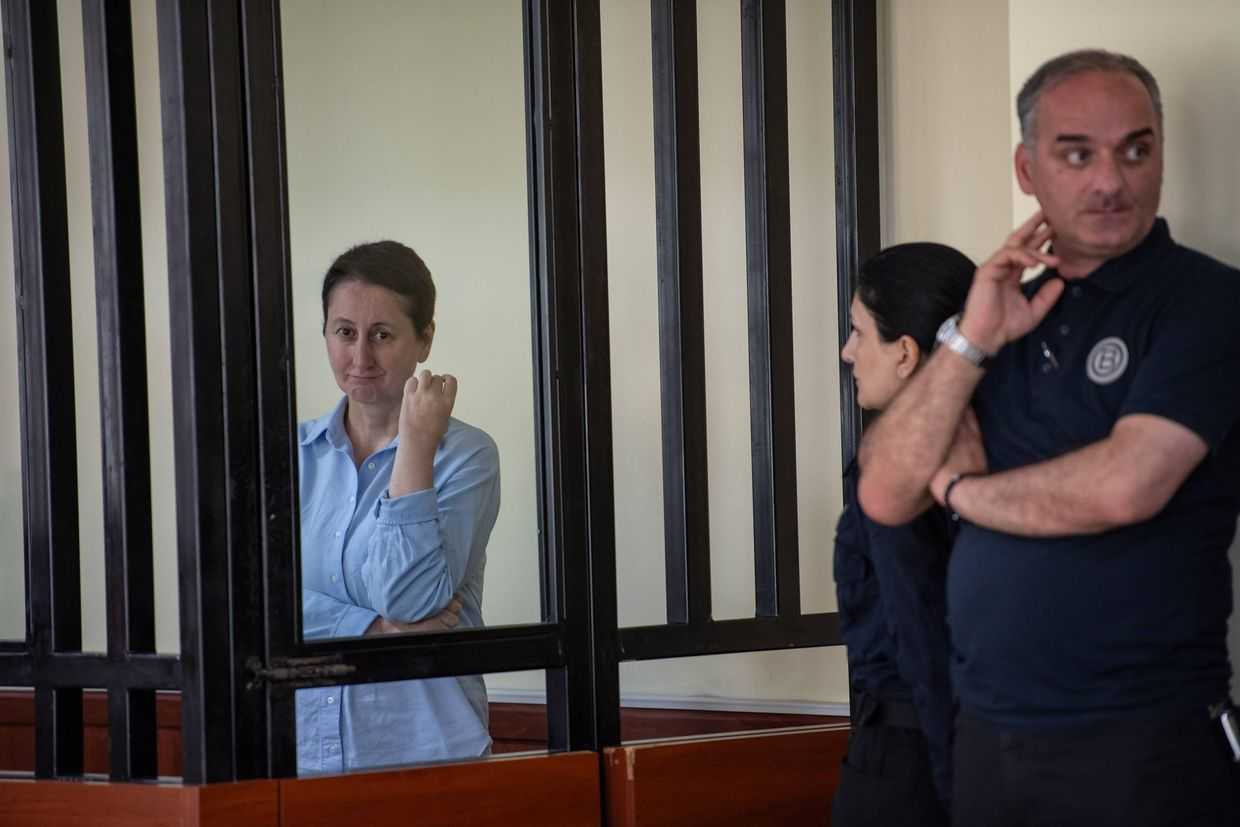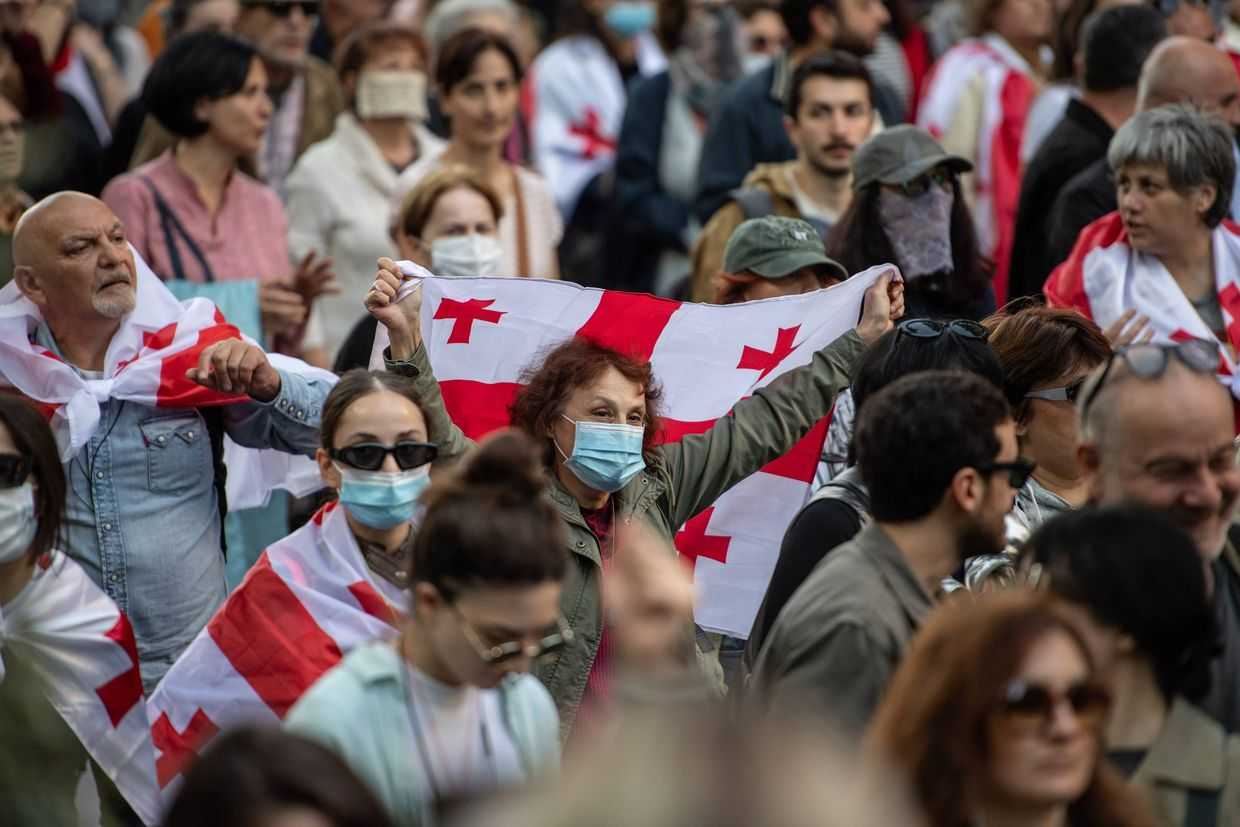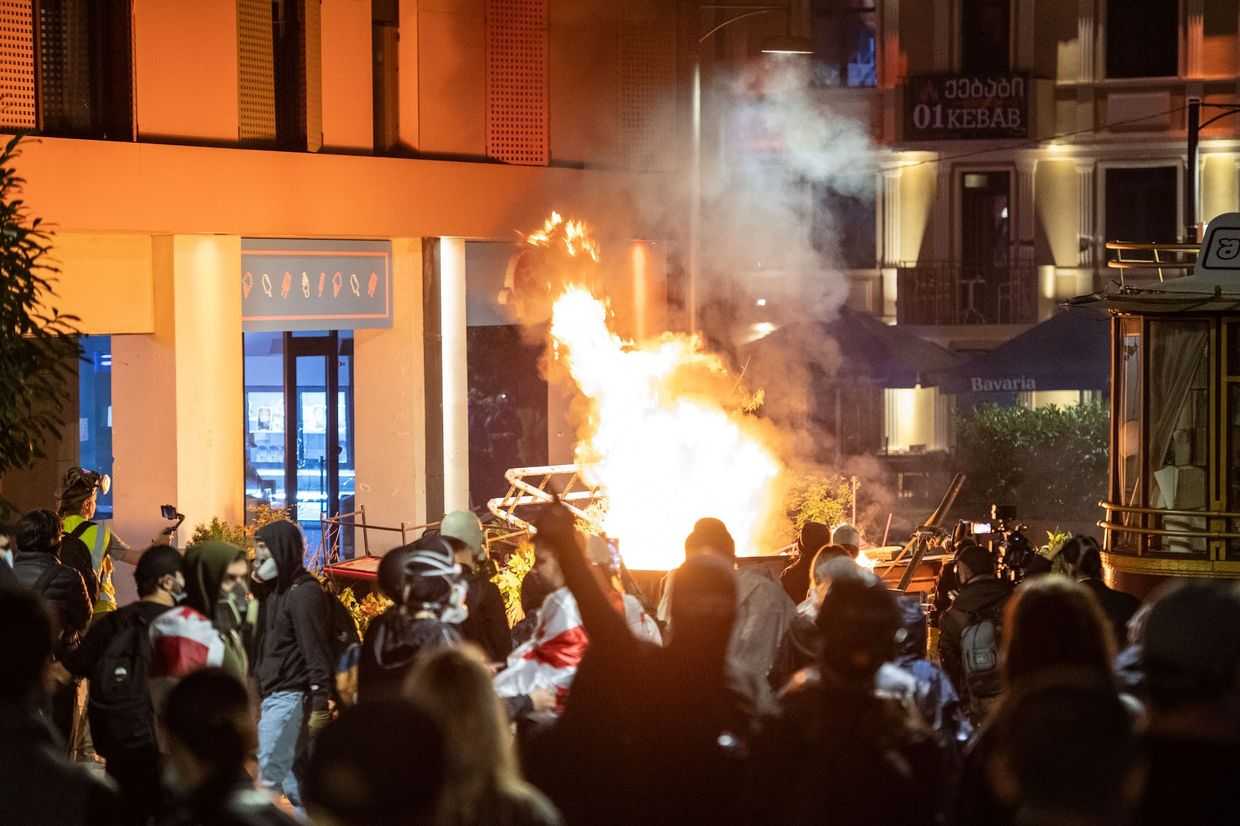OSCE says late invitation to Georgia’s local elections ‘makes meaningful observation impossible’

The OSCE’s Office for Democratic Institutions and Human Rights (ODIHR) has responded to Georgian Dream’s recent invitation to observe the 4 October municipal elections, highlighting that the short notice ‘makes meaningful observation impossible’.
Prime Minister Irakli Kobakhidze announced that an invitation had been sent on 7 September, less than a month before election day on 4 October. At the time, he claimed the OSCE/ODIHR had ‘all the necessary time’ to staff its observation mission four weeks ahead of the elections.
The OSCE previously told Civil Georgia that they generally receive invitations to observe elections four to six months ahead of the voting.
‘Transparent and credible election observation requires thorough preparation and an ability to access key stages of the election process, in line with our comprehensive methodology’, ODIHR Director Maria Telalian said in a statement issued on Tuesday.
The ODIHR statement noted that in its contacts with the Georgian authorities, they had ‘consistently underlined the importance of a timely invitation to ensure credible and comprehensive election observation’, citing the past ‘timely invitations’ from Georgia to observe local elections in 2006, 2010, 2014, 2017, and 2021.
‘Regrettably, the Georgian authorities’ decision to invite us at such a late stage prevents meaningful observation, and ODIHR will not be in a position to deploy an election observation mission’, Telalian said.
She added, however, that they still hope to continue the ODIHR’s ‘long-standing cooperation with Georgia’s institutions and civil society to strengthen democracy and human rights’.
The last minute invitation followed repeated denials by the ruling Georgian Dream party that the OSCE would be invited to observe the controversial vote.
In June, Kobakhidze said observers from the OSCE/ODIHR would not be invited, claiming it was ‘not standard practice’ to invite the OSCE/ODIHR to observe local elections.
‘The local self-government elections will be held in a healthy and proper manner’, Kobakhidze said at the time. ‘Therefore, we believe that, in this case, it would be excessive to burden OSCE/ODIHR with our local elections’, he added.
On 7 September, Kobakhidze changed gears, appearing to cite his expectation that the elections would take place in a ‘competitive environment’ as being behind the invitation.
‘We saw that two parties are taking place in elections, and they managed to nominate mayoral candidates in more than half [of precincts], so overall, the elections will take place in a competitive environment’, he said, in an apparent reference to opposition groups Lelo — Strong Georgia and For Georgia’s expected participation in the elections.
Georgia’s local elections are scheduled to take place on 4 October amidst a widespread opposition boycott, with most groups, sans Lelo — Strong Georgia and For Georgia, viewing participation as legitimising the Georgian Dream government, which the opposition has refused to recognise since the disputed 2024 parliamentary elections, which were marred by major violations.












